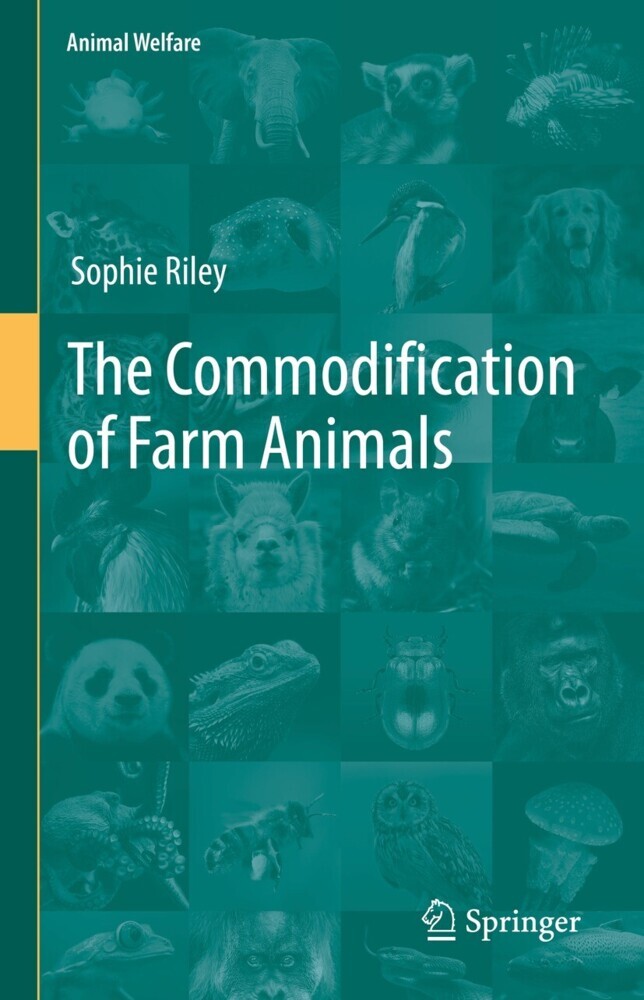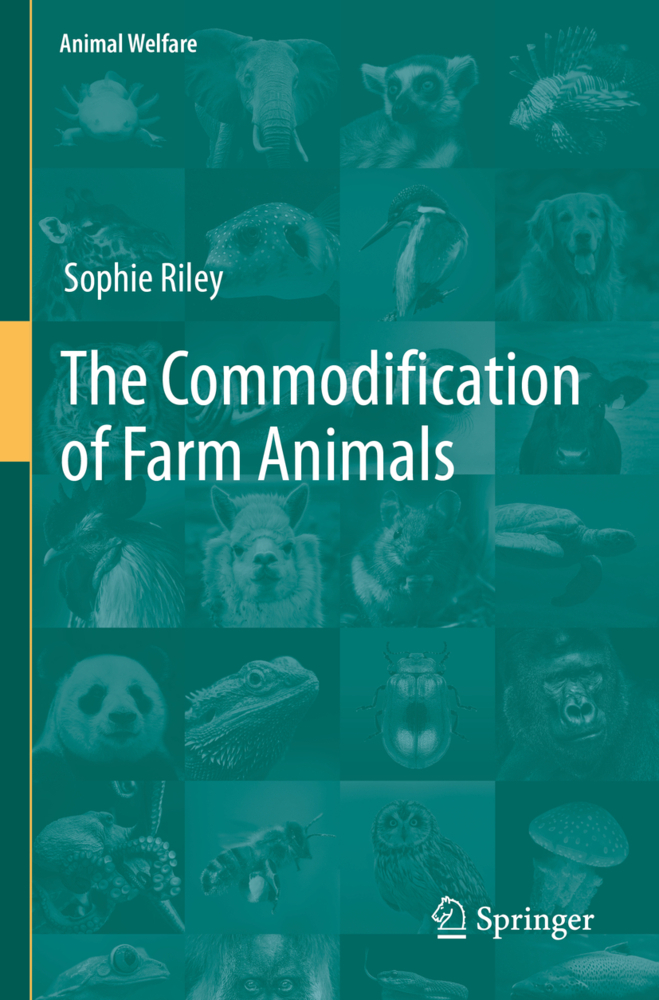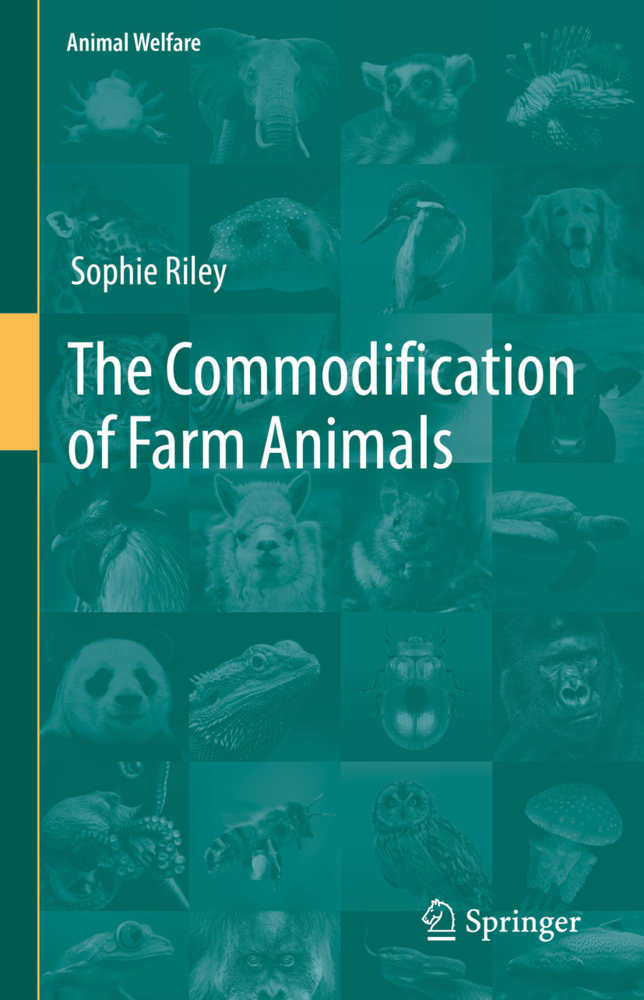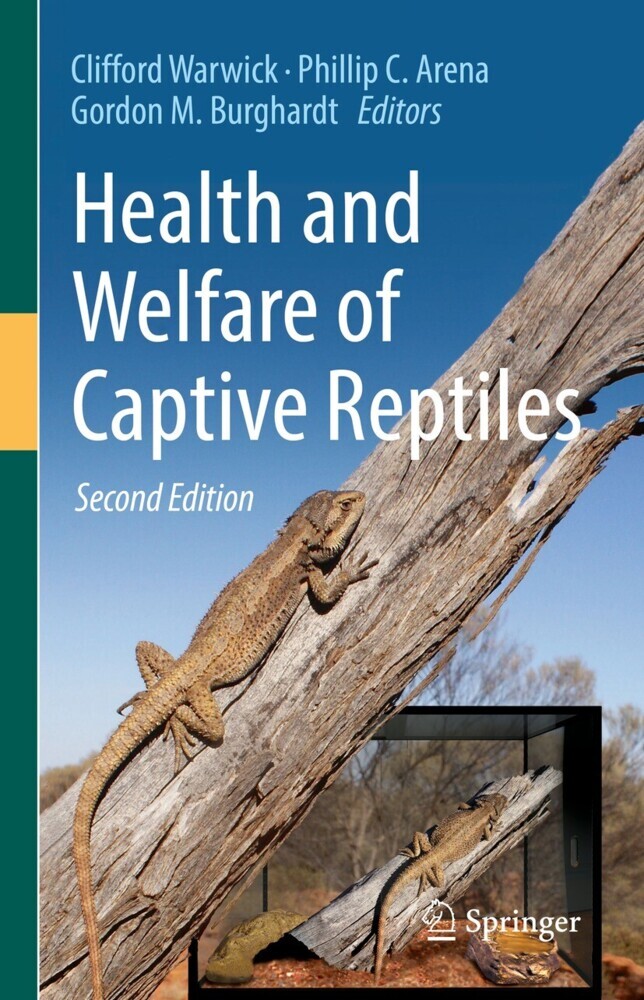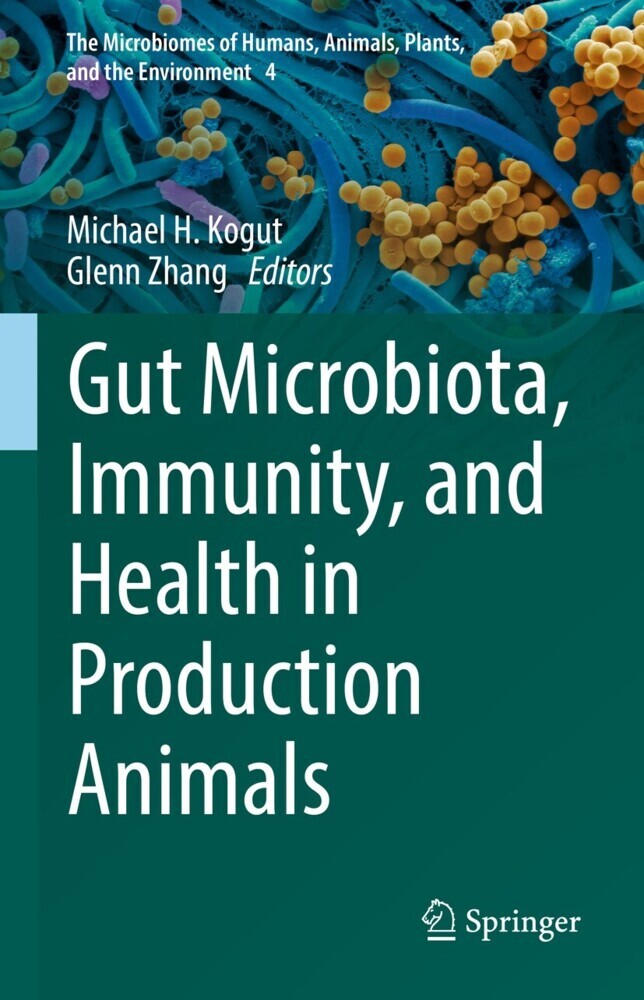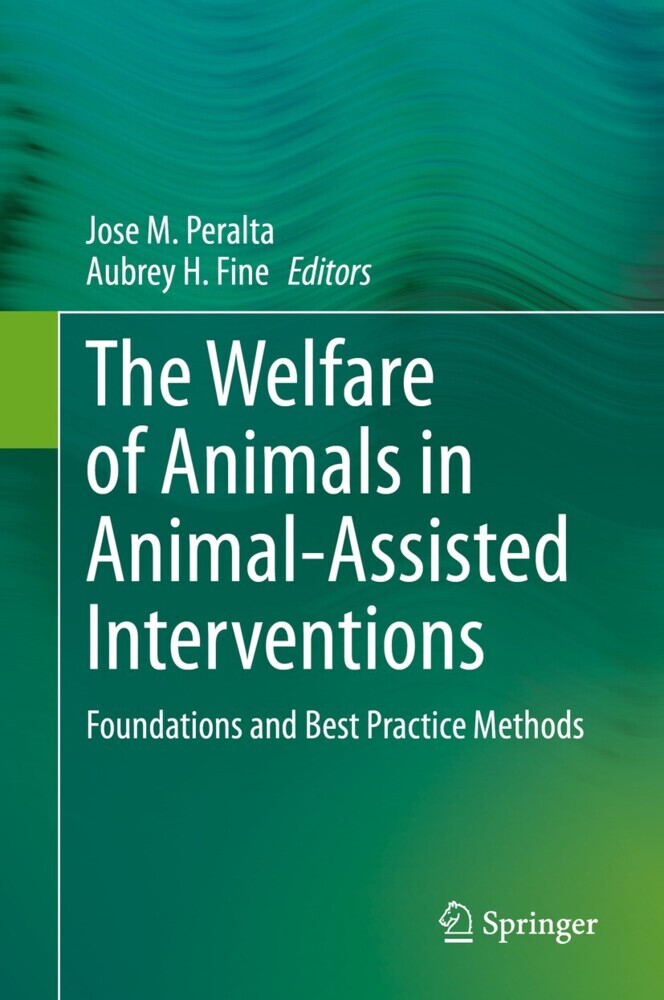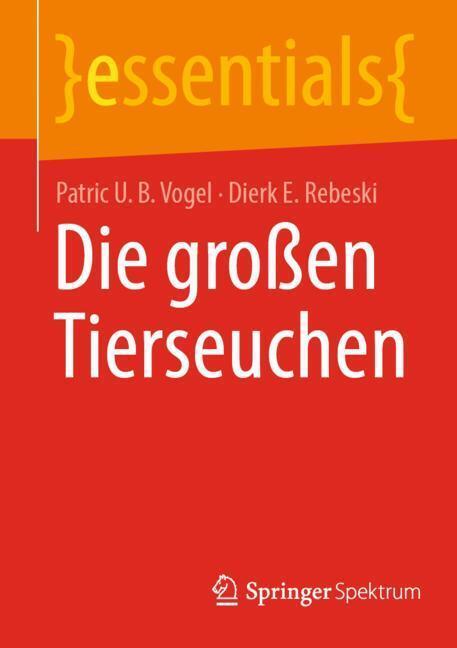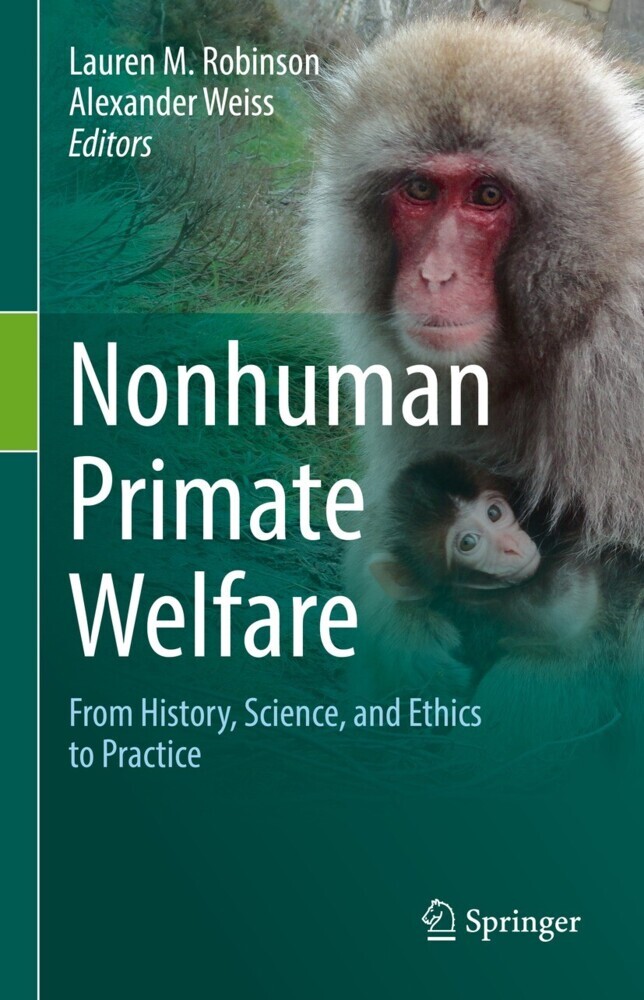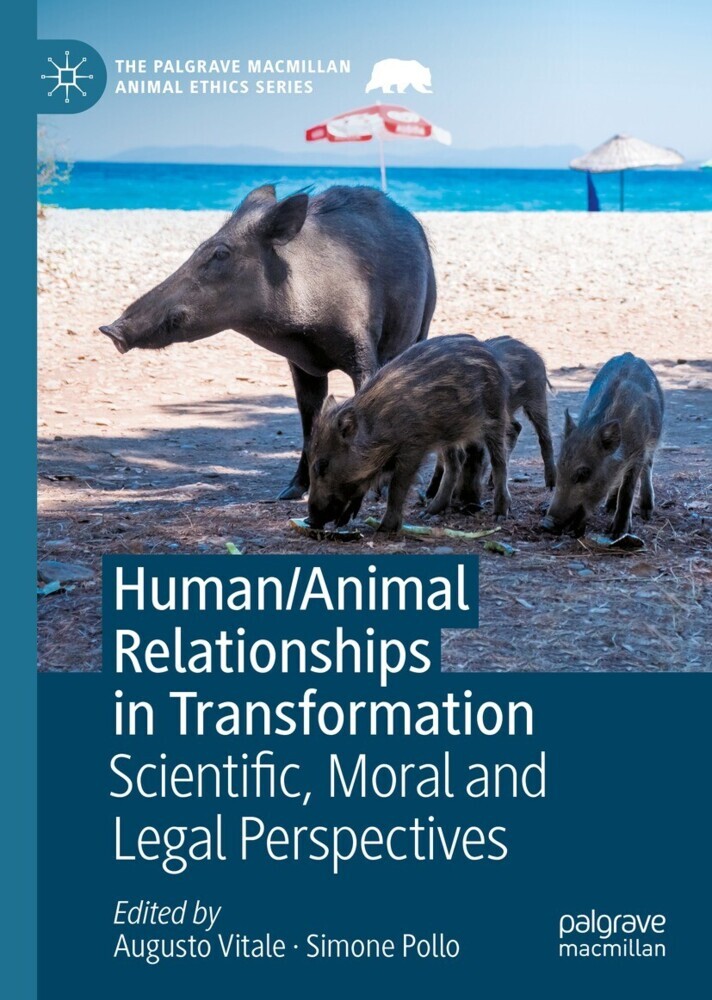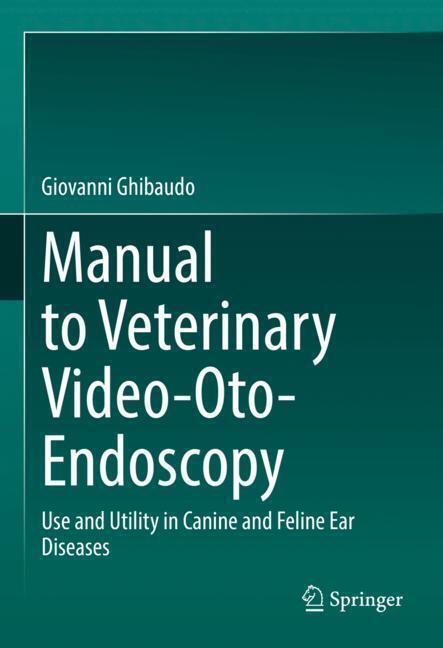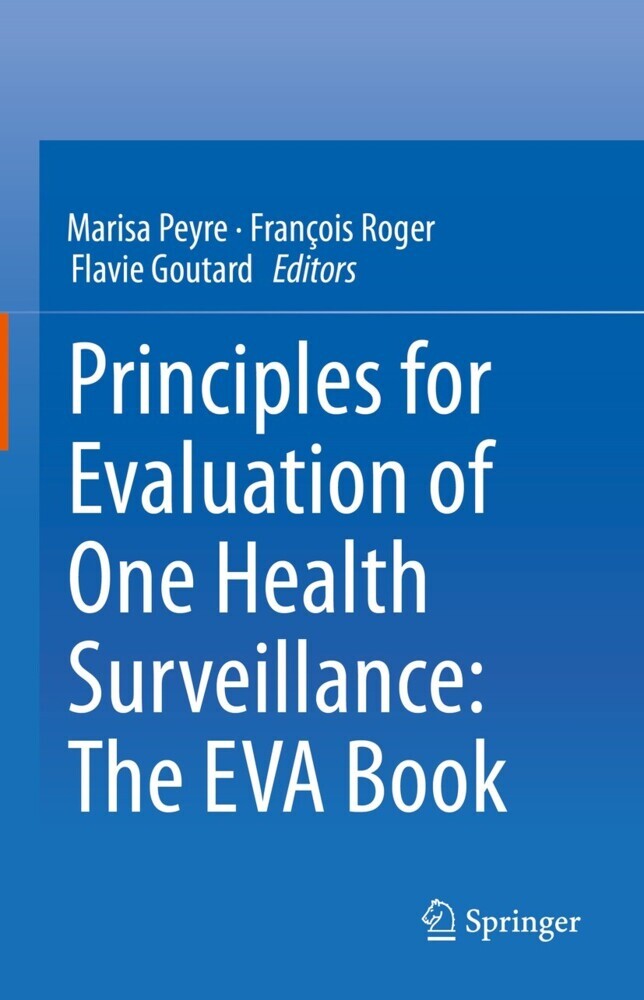The Commodification of Farm Animals
The Commodification of Farm Animals
This book examines how the developments in veterinary science, philosophy, economics and law converged during the nineteenth and early twentieth centuries to entrench farm animals along a commodification pathway. It covers two neglected areas of study; the importance of international veterinary conferences to domestic regimes and the influence of early global treaties that dealt with animal health on domestic quarantine measures. The author concludes by arguing that society needs to reconsider its understanding and the place of the welfare paradigm in animal production systems. As it presently stands, this paradigm can be used to justify almost any self-serving reason to abrogate ethical principles.
The topic of this book will appeal to a wide readership; not only scholars, students and educators but also people involved in animal production, interested parties and experts in the animal welfare and animal rights sector, as well as policy-makers and regulators, who will find this work informative and thought-provoking.
Sophie Riley is a senior lecturer in the faculty of law at the University of Technology Sydney. Her teaching and research interests focus on environmental law, animal law and environmental ethics. She is the lead editor of the Animal Law Case Book, written by UTS students of Animal Law and Policy, which is freely available in the public domain. Sophie also occupies a number of important positions in the animal law field including: as lead legal researcher for the Centre for Compassionate Conservation at the University of Technology Sydney; a member of GAL, the Global Animal Law expert group; a member of the advisory panel for Voiceless, the Animal Protection Institute; and also a member of the Animal Research Review Panel, a government body that oversees Animal Ethics Committees in New South Wales.
Riley, Sophie
| ISBN | 9783030858704 |
|---|---|
| Artikelnummer | 9783030858704 |
| Medientyp | E-Book - PDF |
| Copyrightjahr | 2022 |
| Verlag | Springer-Verlag |
| Umfang | 228 Seiten |
| Sprache | Englisch |
| Kopierschutz | Digitales Wasserzeichen |

